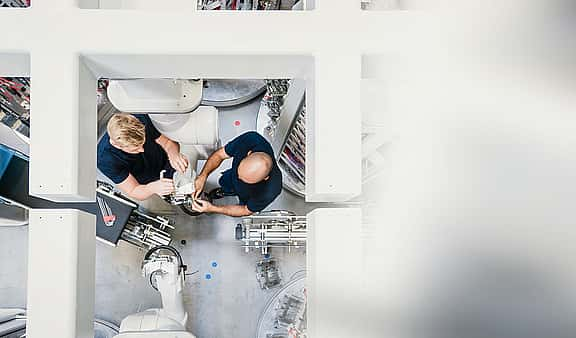IT can be an expensive business necessity. Analysts estimate that IT expenses cost the global business community about US$ 4.6 trillion in 2023, and this figure will only rise in the coming years. A company can end up spending millions of dollars every year, depending on its size and IT footprint, just to maintain its digital performance.
A survey conducted by Flexera found that businesses spend, on average, 7.5 percent of their revenue on IT. Interestingly, Flexera and industrial experts believe that up to 30 percent of that IT spend goes to waste. This is a colossal waste of money, which results from a lack of visibility into misspends and poor IT cost optimisation.
Do you feel like you’re spending too much on your business’s IT infrastructure? Here are five practical ways to cut tech costs without compromising quality, performance or productivity:
1. Eliminate Redundancies
The reason your IT bills are so high might be that you’re paying for redundant services, personnel, software or hardware. It's common for software functions, labour roles and service deliverables to overlap from time to time. Although it's important to build redundancies into IT systems, some of them may not be necessary or even useful. For instance, you don't need to pay for both Microsoft Teams and Slack because they serve the same purpose. There is also no reason to keep a fully-stocked IT department if you’re already outsourcing all your IT services to a managed provider.
Run a thorough IT audit to find all the paid resources that overlap. Then decide what to keep and what to discard.
2. Consolidate all your platforms and services
Tighten your IT infrastructure by unifying multiple standalone services into compact many-in-one platforms. Instead of servicing numerous licences for different services from the same vendor, paying for an all-inclusive package is much cheaper and far more convenient.
Let's take Microsoft's enterprise solutions as an example. You can either pay for a separate licence for cloud storage, Teams and Office apps or buy an Office 365 package that includes all these services under a single licence plan with much more value for your buck.
Consolidating IT services could also mean replacing multiple single offerings from different vendors with a more comprehensive solution from just one vendor.
3. Standardise your tech infrastructure
Ensuring consistency across all your hardware and software is an easy way to save money on IT expenses. Standardisation can be as simple as giving all employees the same computers and running the same operating systems and applications on all devices.
Introducing something new and different into your IT setup can add unnecessary and costly complexities. You might have to spend extra cash retraining users or setting up compatibility to accommodate a new system. Even when upgrading hardware or software, ensure to preserve uniformity to ease management while keeping costs low and predictable.
4. Only buy licences for users who need them
Don’t buy software privileges for users that do not absolutely need them. Otherwise, they’ll end up wasted or misused. Most software applications, including SaaS solutions, operating systems and cloud services, are billed per user. The higher the user count, the more you pay.
Assess all the user accounts you pay for and close those that are rarely used or irrelevant. Don’t be surprised to find you’ve been wasting money on user accounts for employees who no longer even work for your company.
5. Lease hardware instead of buying
Did you know that you could lease IT equipment rather than buy it? Leasing is obviously way cheaper than buying and incredibly convenient too. In addition to cost savings, reducing your capital IT investment eliminates poor-purchase risks and helps small businesses overcome prohibitive cost barriers to large-scale IT deployments.
You can lease IT hardware in either of two ways: moving from on-prem infrastructure to the public cloud or actually leasing dedicated hardware from a vendor. Most people don't think of cloud computing as a form of IT lease, but that’s basically what it is. If cloud migration is not an option, you can still save money by leasing on-prem (instead of hosted) hardware.
Given the current accelerated rate of business digitisation, even the slightest reduction in IT costs can go a long way in improving the bottom line. Fortunately, partnering with Grenke can help you do just that. We lease IT equipment to businesses to spur digital transformations, cut time to market, and save money. On top of that, we also offer asset financing, which brings entrepreneurs within reach of the technical resources they need to thrive. Get in touch with us to learn more about overcoming IT-related cost hurdles.
Talk to GRENKE today!
As one of the leading financial service providers in the Irish market, GRENKE’s slogan is ‘Fast, Forward, Finance’. GRENKE offers entrepreneurs fast and flexible financial solutions through a range of services including leasing and invoice finance. We match the perfect financial solution to your unique business needs, from small businesses to large enterprises.
Over the last 40 years, GRENKE has provided leasing to numerous styles of businesses and organisations; sole traders, partnerships, public and private limited companies, associations and organisations, medical, health, and educational providers, public hospitals, semi-state institutions, Government bodies and so much more.
Our expertise and strong market position are no coincidence. If you are a business owner looking for financial solutions in Ireland or professional financial advice on fast and flexible financing, talk to us today!











